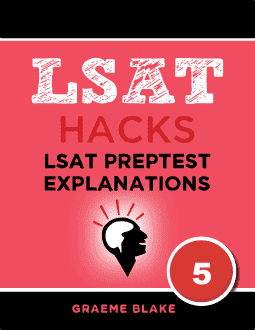QUESTION TEXT: The Scorpio Mister with its special high-efficiency…
QUESTION TYPE: Flawed Parallel Reasoning
CONCLUSION: If fuel prices fell, it would take fewer miles to reach the break even point.
REASONING: There is no reason given. The rest of the stimulus points out that the Scorpio miser costs more to buy but saves on fuel. At current gas prices it would take 60,000 miles of driving to make up for the added cost of the car.
ANALYSIS: This question is easiest to explain with an example. Suppose that gas costs…$1 million per gallon. The Scorpio Miser gets 60 mpg and costs $50,000. The regular Scorpio costs $10,000 and gets 5 miles per gallon.
Which car would you rather drive? The miser pays for itself after less than a tank of gas.
Now suppose that gas prices fall really, really far…gas is now free. The Miser will never make up for its higher purchase price, no matter how far you drive it. Gas is free, so you won’t save anything.
Since the Miser uses less gas, it produces more savings when gas is expensive. The flaw in the argument is that it got this backward.
___________
- This is a good argument. 5% return minus 3% inflation = 2%. 4% return minus 2 % inflation still equals 2%
- This is a good argument. The polar freezer uses more fuel, unlike the Miser. So it benefits when fuel prices drop.
- CORRECT. The roadmaker lets us save on wages. So if wages are low it is not very useful. This is the same error.
- We need more information to evaluate this argument. There are pros and cons to the new strain. This isn’t a flawed argument like the stimulus.
- This argument is so-so. It ignores inflation, which can change the value of interest payments. But it doesn’t make the same error as the stimulus.
Recap: The question begins with “The Scorpio Mister with its special high-efficiency”. It is a Flawed Parallel Reasoning question. Learn how to master LSAT Flawed Parallel questions on the LSAT Logical Reasoning question types page.


Leave a Reply